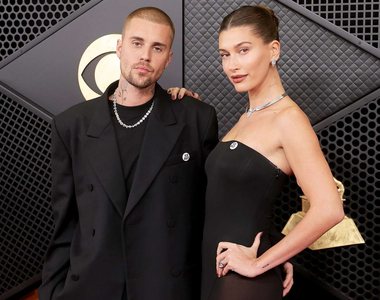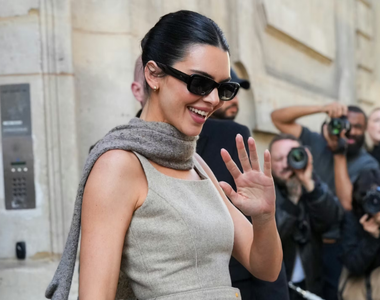
We buy things we don't need because deep down, we believe they will improve our lives, make us more interesting people. Or, at the very least, we believe that these items will give us some satisfaction that sooner or later fades like anything else.
However, according to a study by Boston College and Harvard Business School, the psychological effects of buying a luxury product are neither positive nor neutral. For most people, buying luxury products makes them feel bad.
Previous studies suggest that luxury attracts people because it "promises status and confidence," says Nailya Ordabayeva, author of the aforementioned study and marketing lecturer at Carroll School of Managment. "But the way people feel when they consume these luxury products has not been sufficiently studied. We wanted to find out in the confidence that the promise of these material goods really materializes after the purchase or are there unknown consequences? ?
If shoppers believed that buying a Gucci strap or Hermes scarf would make them feel better, after the transaction they found "they felt a distance between the person they were and the luxury the product represented," Ordabayeva says.
The study concluded that shoppers felt they were not worthy of luxury products regardless of age or income. Two-thirds of the 1,000 respondents, regardless of income, said wearing something expensive or a luxury kit made them feel "not authentic," as if their identity was in conflict with the greatness of the product.
Ordabayeva also says that luxury products bought for personal use, such as cosmetics, have the same effect.
If you buy luxury products and enjoy them, we have a bit of bitter news. Researchers concluded that those who felt comfortable with expensive products were those who thought they deserved everything in life.
However, buying expensive items has some good points beyond this study. First, they can be used to point out important people, such as the job of an interviewer who will hire you. And second, they are value preservers. One Hermes today is worth two Hermes tomorrow.
Adapted from The Guardian



